Any links to online stores should be assumed to be affiliates. The company or PR agency provides all or most review samples. They have no control over my content, and I provide my honest opinion.
I recently reviewed the Jackery Solar Generator 500, which consisted of both the Jackery 500 and SolarSaga 100W solar panel. It was my first foray into portable power stations, and I came away very impressed.
My main criticism of it was the reasonably poor selection of USB ports which were limited to 12W USB-A. Of course, you can easily mitigate this issue but using a decent quality power delivery plug socket.
While Jackery may be the most well-known company in the game, EcoFlow’s products are now taking over 60%~70% of the portable power market in Europe.

EcoFlow vs Jackery

The EcoFlow range of portable power stations is perhaps the best alternative to Jackery if you want a bit more flexibility with what you can plugin and better solar options.
The model I have reviewed is the international model, which is the same price as the UK model. However, the plug sockets are compatible with three-pin UK sockets and two pin EU sockets, which is a much more appealing option for anyone that plans to use this for travelling.
The EcoFlow River Max is the one that’s closest matched to the Jackery 500. EcoFlow rounded up their rating, so this is actually 576Wh, not 600W, and Jackery rounded down, so that is 518Wh, not 500W.
So there is not much difference in charge, and the EcoFlow does cost quite a bit more, but it pulls away with its other specifications.
First up, you have the dual international plug socket. Admittedly, I can’t think of many scenarios where I’d want to plug two mains devices in when I only have 576Wh to work with, but it is nice to have. For me, it’s the flexibility of the international socket that’s more useful.
Then you have the USB ports. The most important one is the 100W USB-C which will keep any laptop going that takes USB-C for power. For anyone that travels and works from a laptop, this will be hugely beneficial. The fast charge port is then cable of 18W while the other two match the Jackery with 12w.
The EcoFlow also claims to be the world’s fastest charging portable power station. RIVER Max charges from 0-80% in under an hour, or to full in 96 minutes flat. In comparison, the Jackery takes 5.5 hours to get to 80% and 7.5 hours for a full charge. While at home, I prefer a slower charge, but when travelling, you will likely want as much charge as possible in the shortest period of time.
The EcoFlow also has better solar charging options with a maximum solar input of 200W, and they sell 110W or 160W solar panels, though these also cost quite a bit more than the Jackery alternative.
So overall, as far as features go, the EcoFlow is a clear winner, but you can save quite a lot of money by picking up a Jackery when it’s discounted (which seems to be frequently).
| EcoFlow RIVER Max International | Jackery Explorer 500 | |
| Price | £599 | £529 / £470 with discount |
| Battery Capacity | 576Wh (28.8V) | 518Wh (21.6V) |
| Outlets | AC outlets x1 | AC outlet x1 |
| USB-A ports x2 | USB-A ports x3 | |
| USB-A Fast Charge x1 | DC ports x2 | |
| USB-C ports x1 | Car port x1 | |
| DC ports x2 | ||
| Car port x1 | ||
| Battery Chemistry | Li-ion NMC | Li-ion NMC |
| Charge Cycles | 500 cycles to 80%+ capacity | 500 cycles to 80%+ capacity |
| Solar Charge Input | 200W 10-25V DC 12A Max | 100W 12V DC 12A Max |
| AC Inverter Output | 600W (Surge 1200W) | 500W (1000W Surge) |
| Charge Time | 1.6 Hours (AC) | 7.5 Hours (AC) |
| 6.5 Hours (12/24V Car Adaptor) | 7.5 Hours (12V Car adaptor) | |
| 3-6 Hours (Solar panels) | 9.5 Hours (Solar panels) | |
| Weight | 7.7 kg (17 lbs) | 6.03 Kg (13.3 Lbs) |
| Dimensions | 28.9 x 18.4 x 23.5 cm | 30 x 19.2 x 24.2cm |
Full Specification
- 600W (Continuous Power) with 1200W (Surge)
- Various power ports (mains 230v, USB & 12V DC)
- Fast charging via a mains wall plug, 12V vehicle adapter or solar panel (optional)
- Battery – 576 Wh Lithium-ion
- Overcharge protection
- Output
- AC Output of x2: 600W (Surge 1200W) with Pure Sine Wave Output (2 x 230v sockets)
- Car Power Output (x1): 136W, 13.6V DC, 10A Max
- DC5521 Output (x2): 13.6V DC, 3A Max (per port)
- USB
- USB-A Output (x2): 12 W per port, 5V DC, 2.4A
- USB-A Fast Charge (x1): 5V/2.4A,9V/2A,12V/1.5A 18W Max
- USB-C Output (x1): 100W, 5V DC, 9V DC,12V DC, 15V DC, 20V DC, 5A Max
- Input
- AC Charge Input Power, X-STREAM: 500W Max
- Solar Charge Input MC4 to XT60: 200W 10-25V DC 12A Max
- Car Charge Input: 12V/24V DC 10A Max
- Temperatures
- Charge Temp: 0 to 45°C +/-3°C
- Discharge Temp: -20 to 60°C +/-3°C
- Dimension
- 28.8cm x 24.3cm x 18.5cm
- 7.7kg
Features / App Control / In Use
The EcoFlow has WiFi, and there is a companion app with it. As much as I love smart tech, you sometimes have to wonder if things like this are needed vs pressing buttons on the device itself.
Setting things off on the wrong foot, the app requires you to sign in with an account and has a huge privacy policy. I don’t see why this is needed at all.
Pairing things didn’t go quite as smoothly as normal for smart home devices. It works the same as most, you connect to the SSID of the unit, provide your 2.4Ghz SSID and password, and it syncs up. However, it took a couple of attempts to be able to select the correct SSID, the first attempt at syncing failed and transferring the settings took about a minute.
It is possible to connect directly to the EcoFlow and use it without internet connectivity.
As much as I dislike the idea of having to use an app to control something so simple. It does have a few useful features. You can control the amount of charge/discharge the unit takes. So you can limit it to 80% to prologue the battery. You can also set it to slow charging which will reduce how often the fans spin up, which could be useful while sleeping if you are charging something.
Then there is the X-Boost function which will allow you to power high-wattage appliances up to 1800W. This is one of the things that’s nice to have, but in reality, I am not sure how likely it is I would use it. If I am travelling, I am not going to bother using an electric kettle when a gas stove is a more sensible option. There are some home applications that might benefit from this though, a fridge can pull a high power until it is a stable temperature, so it could be useful in a blackout.
As for the device itself, everything works as you’d expect. The plug sockets work perfect, all the EU plugs I have are for phones, so I don’t technically need the EU socket functionality, but it works well.
Most of the home appliances that the EcoFlow state you can power will actually require far more than it is capable of. A typical electric kettle in the UK will use 3kw and a hairdryer 2.4kw. However, travel-specific devices normally work, I managed to find a 1000W travel kettle in my storage and got this working with no problems with the X-Boost function.

The 100W power delivery USB-C is one of the main things that appealed to me about this, and it works as expected. I don’t have a laptop that can pull 100W, but the Huawei Matebook 14 draws up to 65W.
I am also keen on the LCD readout. You get the current power draw and how much battery is left, but it also tells you how long the battery will last based on the draw.
Solar Charging

I wasn’t sent a solar panel to test, and I am not sure how much success I would have in November in the North of England. There are three different solar panel options, 60W, 85w, 110, 160w. You can then daisy chain these together, with the River series allowing two panels for up to 200W of charging.
It will be incredibly expensive at £319 for the 110W panel, but if you are trying to stay off grid for as long as possible, then this is your best bet.
Price and Alternative Options
The 600W EcoFlow River Max Portable Power Station retails for £599
Buy the EcoFlor River Max
There is a more portable 288Wh model for £379 or the EcoFlow River Pro with 720Wh for £699
These can then all be paired with the 85W solar panel for £279, the 110W solar panel for £339 or the 160W solar panel for £399. The 60W panel isn’t available on the UK/EUwebsite.
The Jackery Explorer 500 I previously reviewed has an RRP of £529.99, but the Amazon page has a £60 off voucher taking it down to £470, and the 100W solar panel is £259.99
There is also the ALLPOWERS 606Wh Portable Generator for £441.99, with the 100W solar panel being £159.99
Return and Refund Policies
This is not something I would normally bring up in my reviews, but I noticed a negative review on Amazon for Jackery and some other portable power stations. It seems that all the power station listings have a non-returnable refund policy. I am not entirely sure how that’s possible, as I assumed distance selling regulations prevented this.
When buying from EcoFlow, they do have a return policy (for UK buyers). You need to ask for an RMA, and they will deduct the transaction fee (3.6% for PayPal or credit/debit card via PayPal users) + shipping cost.
For items that have quality issues, like all products sold online, they have to refund you the full amount, including shipping.
Overall
I was extremely impressed with the Jackery when I reviewed it, and there is obviously a reason why they are the number one producer of portable power stations.
However, it is hard to ignore the competition.
The EcoFlow River Max costs a bit more for the amount of charge it holds, but the overall usability is far greater thanks to the dual international plug sockets and 100W USB power delivery. The 100W PD is the thing that wins it over for me, as it makes working off the gid a much more viable option.
You also have excellent solar options. While these can get very expensive, they should allow you to stay off grid longer than competing brands that can only support 100W.
The EcoFlow also has the befit of incredibly fast charging from an AC outlet, capable of 80% in less than an hour.
I have a few minor gripes with the app, but you don’t actually need to use the app at all, unless you want to make the settings adjustments I discussed.
Overall, I think the EcoFlow River Max is a superb portable power station and is perfect for anyone living off-grid, either for travelling or living.
EcoFlow River Max 600Wh Portable Power Station Review Rating
Summary
The EcoFlow RIVER Max is a very impressive portable power station with an extensive range of ports and incredibly fast recharge speeds. These additional features easily justify the price premium over other popular brands.
Overall
90%-
Overall - 90%90%
Pros
- Significantly better output options than competitors including 100W USB-C PD
- International plug sockets, ideal for travelling
- Faster AC charging than competitors
- Up to 200W solar charging
- App does have some useful settings customisations
Cons
- Poor app – requires sign up & difficult to connect to WiFi with limited use overall
I am James, a UK-based tech enthusiast and the Editor and Owner of Mighty Gadget, which I’ve proudly run since 2007. Passionate about all things technology, my expertise spans from computers and networking to mobile, wearables, and smart home devices.
As a fitness fanatic who loves running and cycling, I also have a keen interest in fitness-related technology, and I take every opportunity to cover this niche on my blog. My diverse interests allow me to bring a unique perspective to tech blogging, merging lifestyle, fitness, and the latest tech trends.
In my academic pursuits, I earned a BSc in Information Systems Design from UCLAN, before advancing my learning with a Master’s Degree in Computing. This advanced study also included Cisco CCNA accreditation, further demonstrating my commitment to understanding and staying ahead of the technology curve.
I’m proud to share that Vuelio has consistently ranked Mighty Gadget as one of the top technology blogs in the UK. With my dedication to technology and drive to share my insights, I aim to continue providing my readers with engaging and informative content.


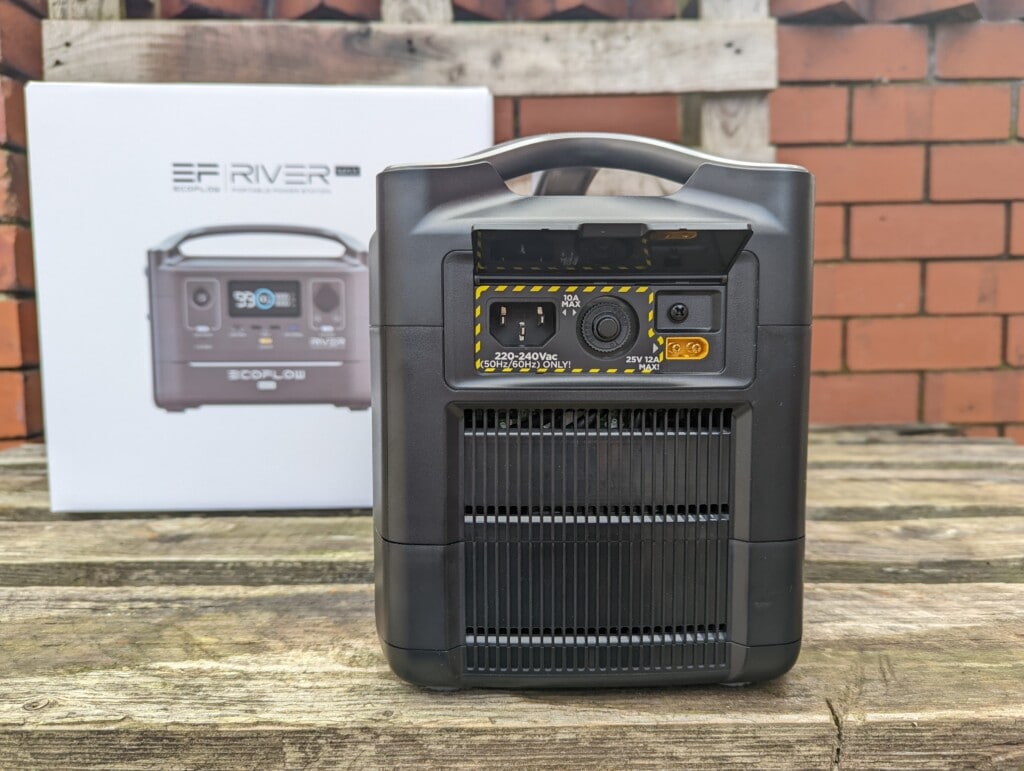
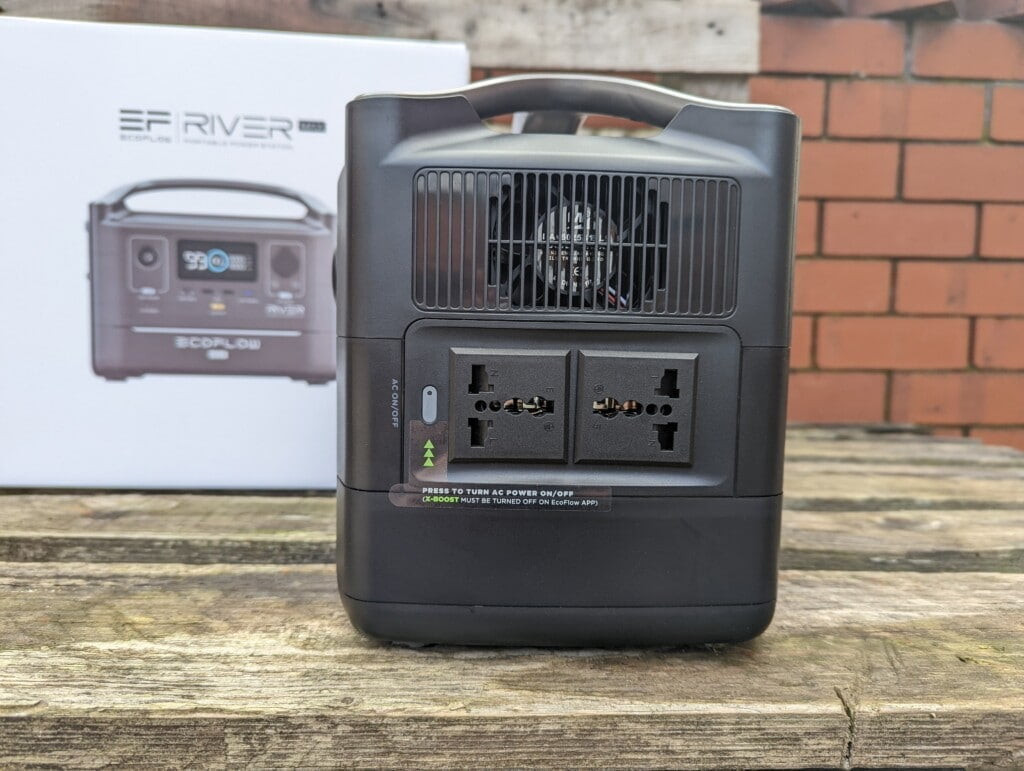
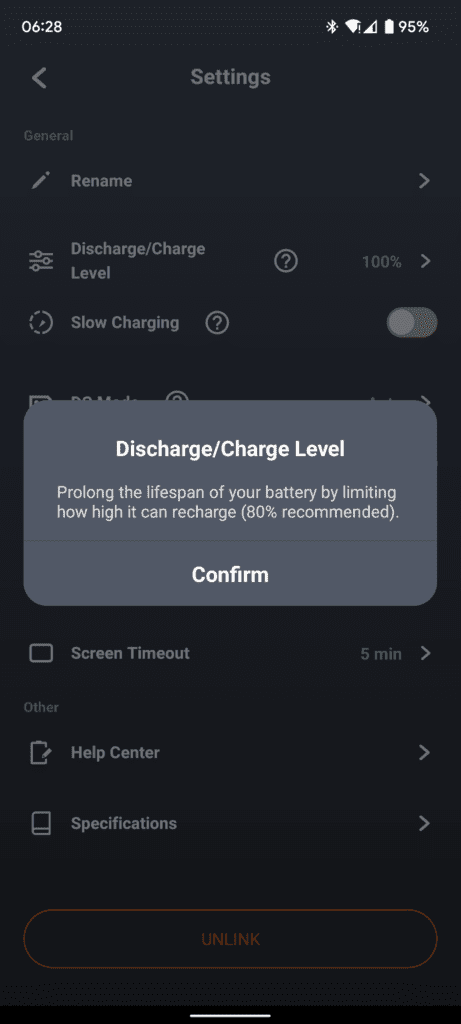



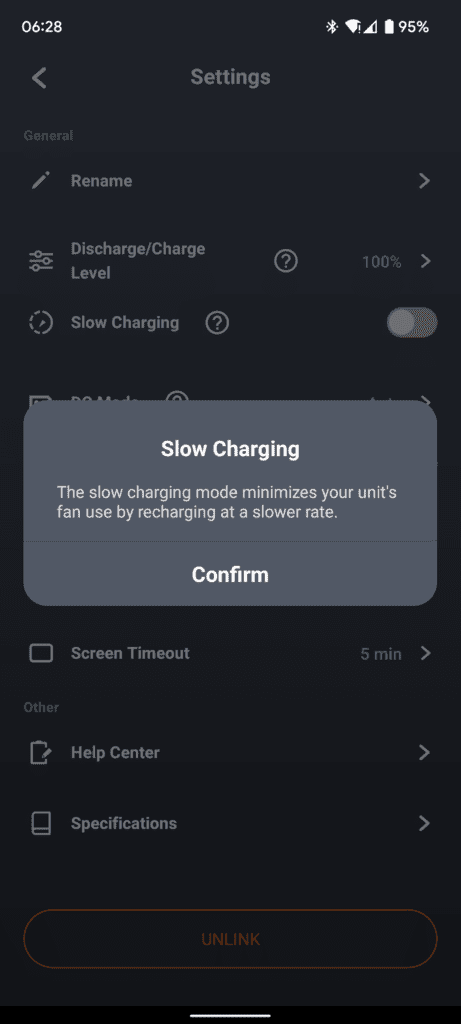
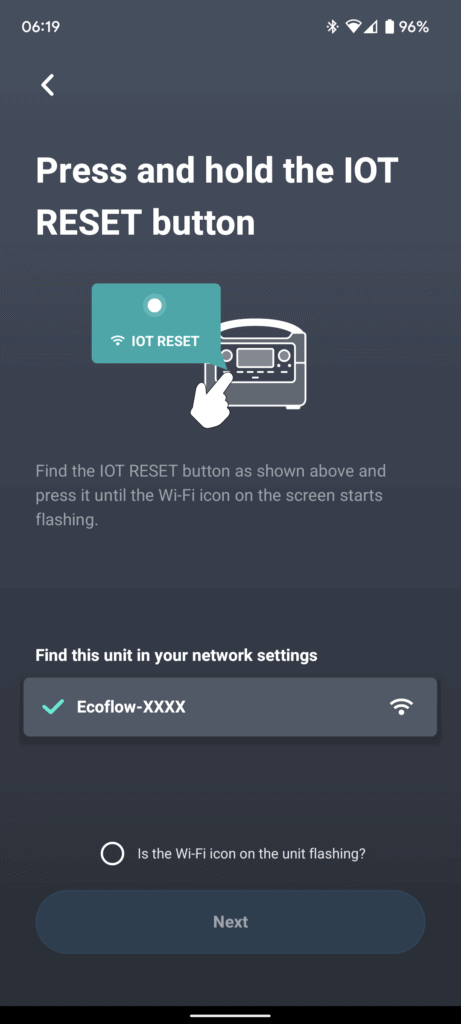
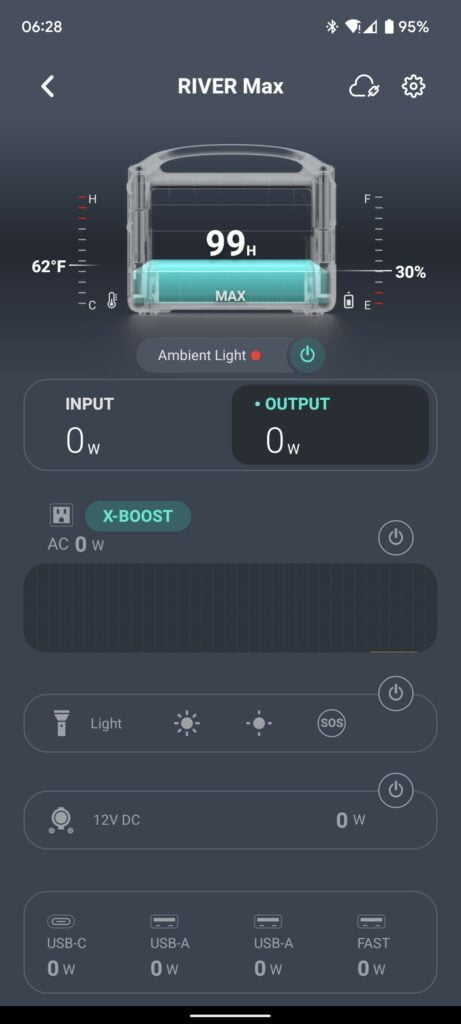

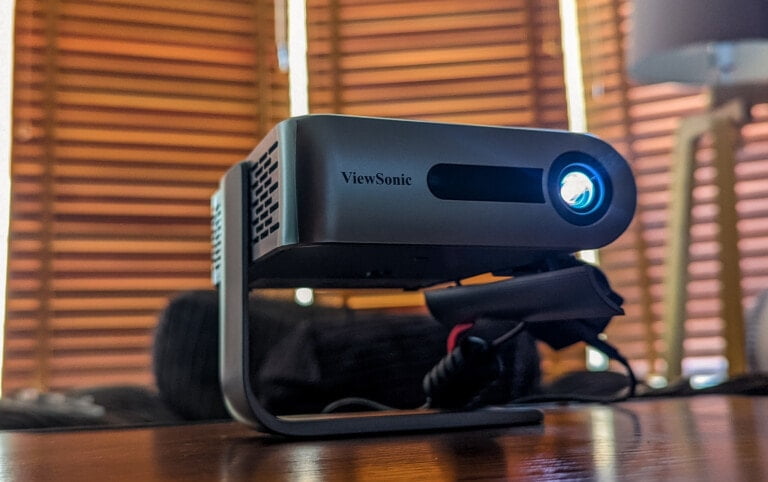
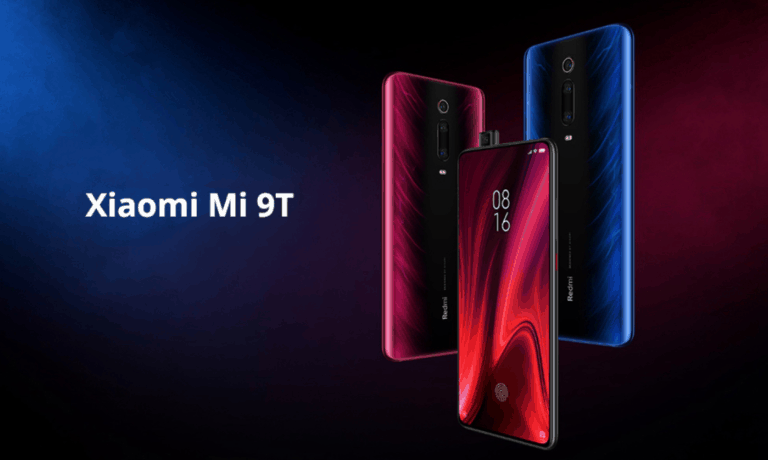
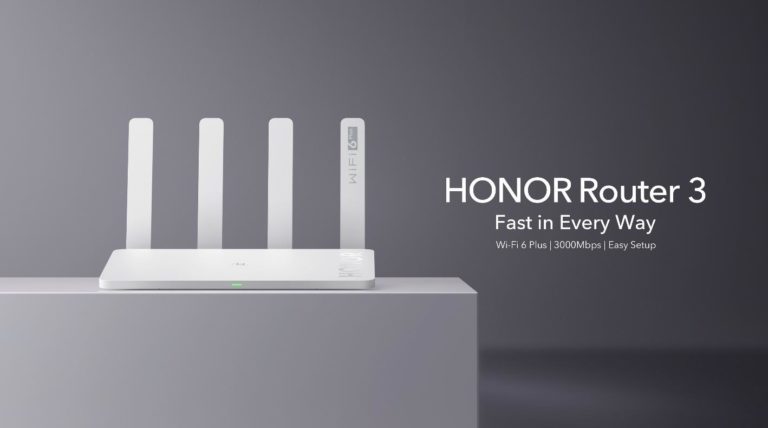


Hi,
Although you don’t have to use the app to use the Ecoflow River… do you have to actually install the app before being able to use the power station at all?
Will it still work if you bypass the app completely?
Thanks in advance
Yeah, there is no need to use the app at all if you don’t want.
Hi James
I think the forerunner/test prototype (R600?) of this model had the capacity for parallel use – chaining 2 powerstations together. I cannot see any parallel ports on the existing models. Has this function been dropped?
Thanks